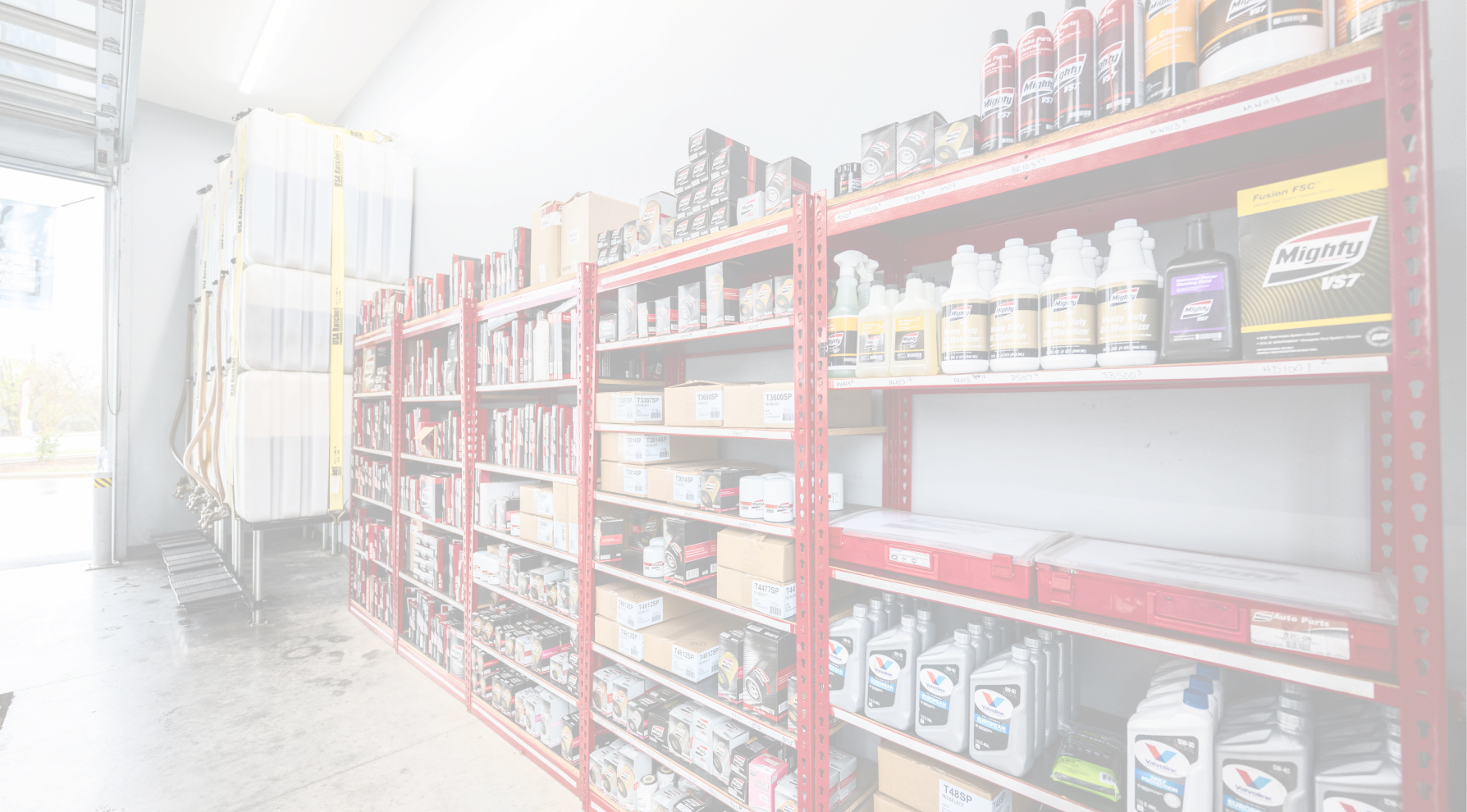
As a car owner, knowing the basics of vehicle maintenance is important, especially if you rely on quick and convenient drive-thru oil change services. One of the most important aspects of car maintenance is changing your oil filter and engine oil regularly. But what happens if you only want to change your oil filter without a complete engine oil change?
We’ll explore whether or not you can change your oil filter independently from your engine oil. We’ll also discuss the importance of regular oil filter changes and why it’s vital for keeping your car running smoothly.
What Is an Oil Filter and Why Is It Important?
When it comes to maintaining your car’s engine, the oil filter plays a crucial role. The oil filter is a small but mighty component that helps keep your engine running smoothly by removing impurities and contaminants from the oil.
The purpose of the oil filter is simple: to clean the oil that flows through your engine, keeping it free of dirt, debris, and other harmful particles. Without a functioning oil filter, these impurities can build up in your engine over time and cause damage or even complete failure.
Changing your oil on a regular basis is vital for ensuring your engine stays healthy, but changing the oil filter at the same time is just as critical. In fact, many experts recommend changing your oil filter every time you change your engine’s oil. This ensures that any accumulated particles are removed from the system entirely.
It’s also worth noting that not all oil filters are created equal. Some cheap or poorly designed filters may not effectively remove all contaminants from the oil, which can lead to long-term damage to your engine. That’s why choosing high-quality filters from reputable brands is essential when replacing them.
In summary, while changing your car’s oil is an essential aspect of maintenance, don’t neglect the importance of also changing out its oil filter at regular intervals — especially if you’re relying on an oil change near-me service. Doing so will help ensure optimal performance and longevity for your vehicle’s engine.
The Benefits of Regular Oil Filter Changes
Regularly changing your oil filter, along with the engine oil, is one of the most important things you can do to keep your car running smoothly. Here are some key benefits that come with making sure your oil filter is changed regularly:
-
Better Engine Performance
A clean oil filter helps maintain proper engine lubrication by removing contaminants from the oil that could otherwise cause friction and wear. This means better overall engine performance, including smoother acceleration, more responsive handling, and improved fuel efficiency.
-
Increased Longevity
Changing your oil filter regularly can help extend the life of your engine by preventing the build-up of harmful particles and debris over time. In addition, by keeping the oil clean, you reduce the risk of damage or corrosion in critical engine components such as bearings, pistons, and cylinders.
-
Avoid Costly Repairs
Failing to change your oil filter regularly can lead to expensive repairs down the road. Over time, dirt and other particles in dirty oil can clog up filters and reduce oil flow to critical parts of the engine. This can lead to increased friction and heat build-up, which could ultimately result in costly repairs or even complete engine failure.
-
Improved Air Quality
A dirty air filter will not only negatively impact your car’s performance but also affect the air quality inside your car’s cabin by allowing pollutants into it. A clean air filter will ensure that you breathe cleaner air while driving.
If you’re searching for a 10-minute oil change near me, make sure they offer an option to change your oil filter as well to ensure optimal vehicle health. Changing your car’s oil filter at regular intervals is essential for maintaining optimal performance and longevity for your vehicle’s engine while avoiding costly repairs down the line. Moreover, it’s an easy task that can be done quickly during an oil change appointment or easily done at home if you have basic mechanical knowledge about cars. So don’t forget to add this simple yet crucial step to your car maintenance routine.
If I Change My Oil Filter, Do I Have to Change the Oil?
One common question among car owners is whether they can change their oil filters without changing the oil. The good news is that you can absolutely change your oil filter without emptying the oil from your engine. This is because the location of the oil in your engine remains untouched during a filter change.
If any oil does come out during an oil filter replacement, it will only be what is trapped beyond your anti-drain back gasket inside the filter. However, it’s important to note that when changing the engine oil, both the oil filter and engine oil must be replaced together.
While you can top off your engine oil if the existing filter is still good, it’s not recommended to ignore an old filter and simply replace only the engine oil. Over time, filters become clogged with contaminants and debris that can damage your engine if left unchecked.
If you’re uncomfortable doing this yourself — and most people are — consider taking advantage of a drive-thru oil change near me service to have a professional take care of it for you. Because using a new filter with old engine oil defeats much of its purpose as a filtering mechanism. A new filter is designed to capture impurities and keep them from circulating through your engine — but this becomes impossible if you’re still using old, dirty oil.
Final Thoughts on Oil Filters and Oil Changes
While it’s possible to change your car’s oil filter without changing the engine’s entire supply of motor or lubricant fluid, it’s still highly recommended to replace both together for optimal performance and longevity of your vehicle’s engine. Doing so will ensure that both components work hand-in-hand effectively and efficiently to keep your car running smoothly for miles to come.









